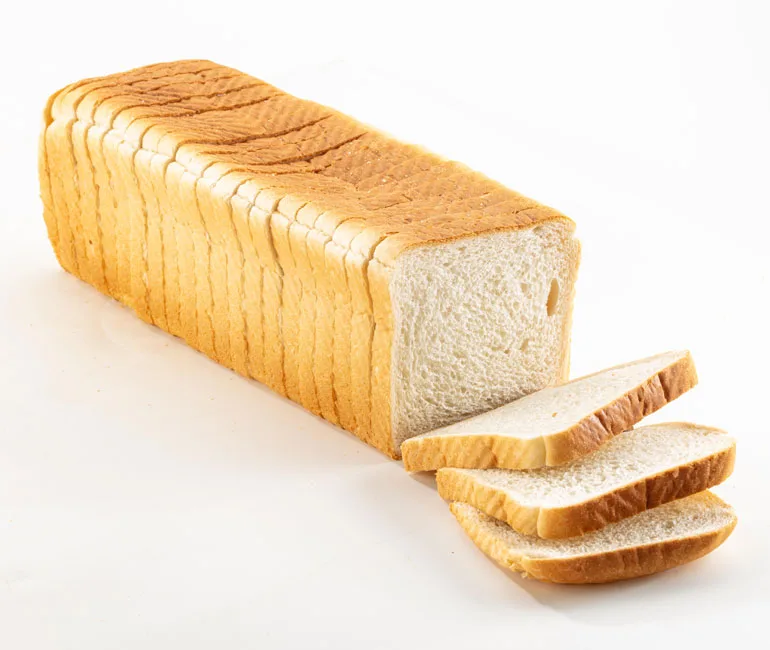The skyrocketing inflation in the country is forcing bread makers in the country to shutdown operation. From July 21, 2022, they body said it will embark on protest against multiple taxation by Nigerian government and rising prices of raw materials driven by import and operational levies.
The bread making body known as the Premium Breadmakers Association of Nigeria (PBAN) said the cost of doing business has risen to the point that they can no longer operate, and they government levy on imported products like wheat have become unbearable.
PBAN President, Emmanuel Onuorah, in a statement said that the strike will last for four days, to press home their demand, one of which is removal of the 15% Wheat development levy on wheat importation. The group also requested reduction of the N154,000 fine for late renewal of certificates received by the National Agency for Food and Drug Administration and Control (NAFDAC).
PBAN also urged the government to widen access to grants and soft loans for bakers, which Micro, Small and Medium Scale Enterprises (MSMEs) receive from the Central Bank of Nigeria (CBN).
“Operating a bakery in Nigeria has become near impossible as the incessant increase in the prices of baking materials and diesel rendered the industry comatose. Bakeries are mostly running on huge losses and this is no longer sustainable. Bread is a staple food and one of the cheapest ‘grab and go’ food that is available for both the poor and rich. It therefore behooves on the federal government to be mindful of this and ensure the survival and sustainability of the industry.
“In a move to ensure the survival of the Premium breadmaking industry in Nigeria, we have decided to embark on a withdrawal of services beginning from Thursday 21st July, 2022 for four days in the first instance and where no intervention from the government, we shall escalate the duration of the withdrawal.
“Our efforts to ensure the survival of the industry led to series of meetings with the Federal Ministry of Industry, Trade and Investment, Abuja (FMITI) with our sister association in the breadmaking industry in 2021. Our best attempts to ensure that suggestions we put forward for survival of the breadmaking industry has not yielded the desired result.
“Therefore, the withdrawal of service is the only way we believe we can use to get to Federal Government and Nigerians and let them know our plight and how difficult it has been with the breadmaking industry in Nigeria,” Onuorah added.





